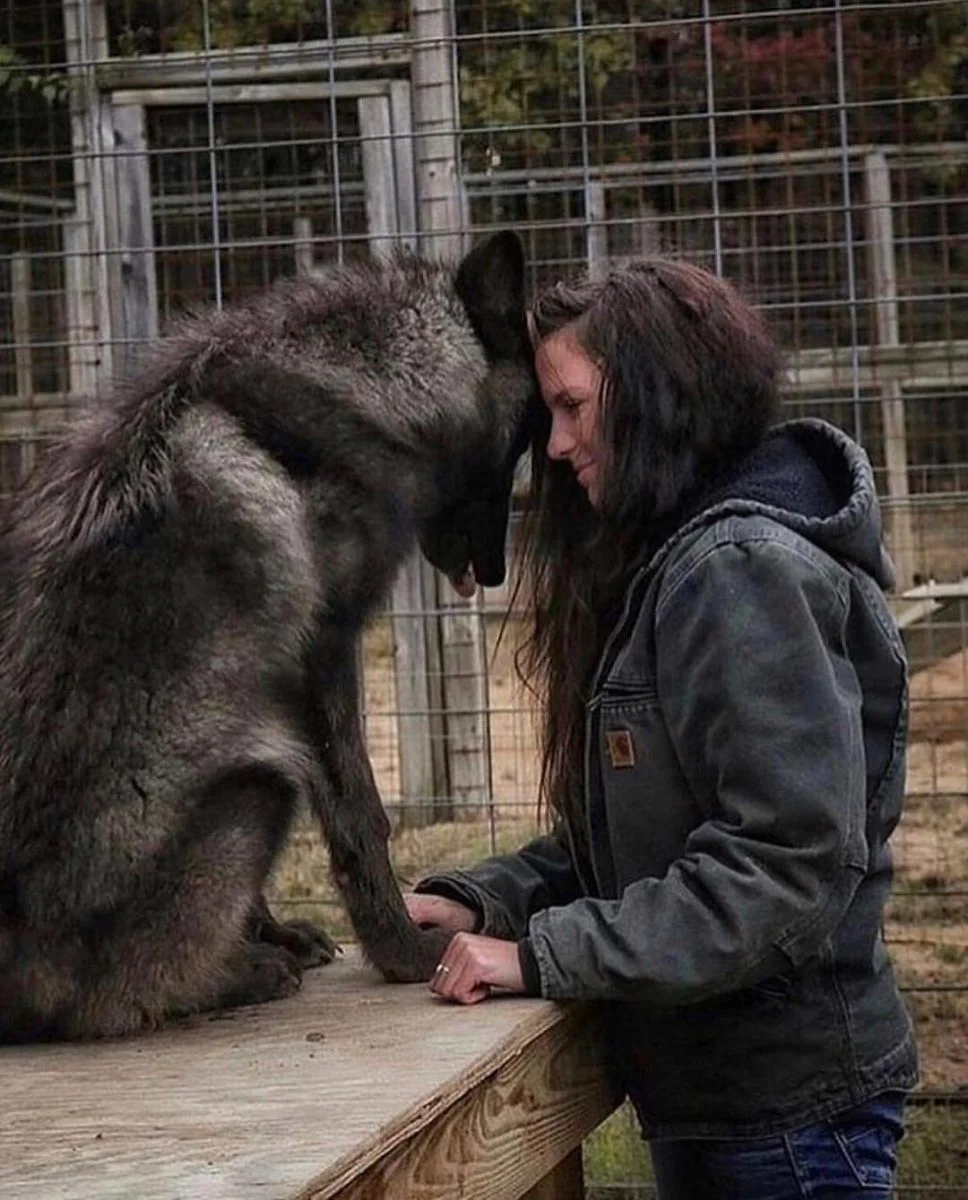Thinking about adopting a wolfdog? A blend of wilderness and domestication, wolfdogs captivate with their unique characteristics. From their loyal and affectionate nature to their boundless energy and diverse temperaments, we’re dishing out some captivating facts that shed light on these intriguing companions. Unravel the secrets behind their social behaviors, their special connections with humans and other animals, and the vital considerations in their responsible care!
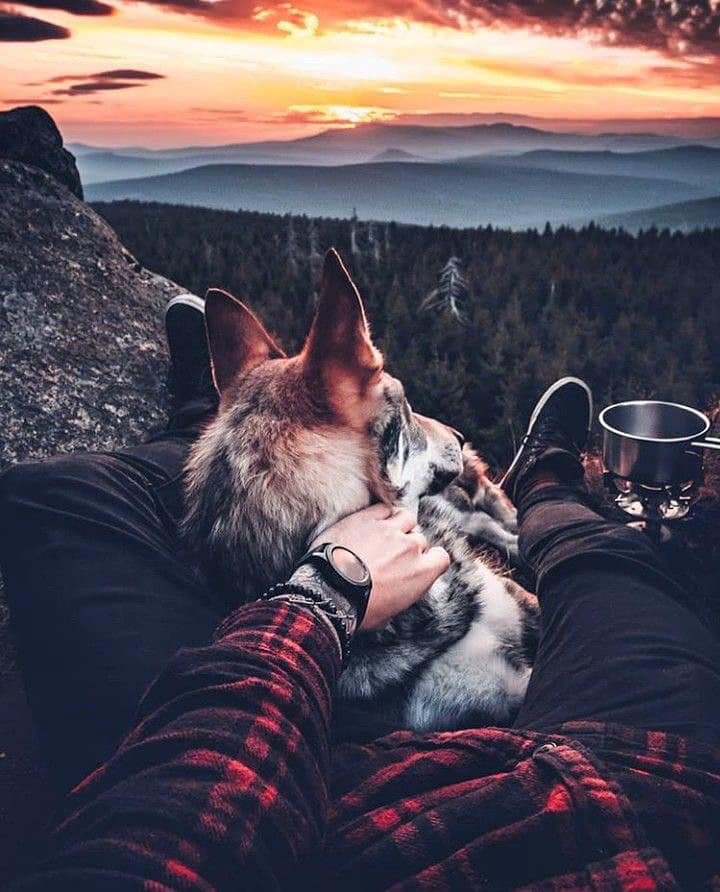
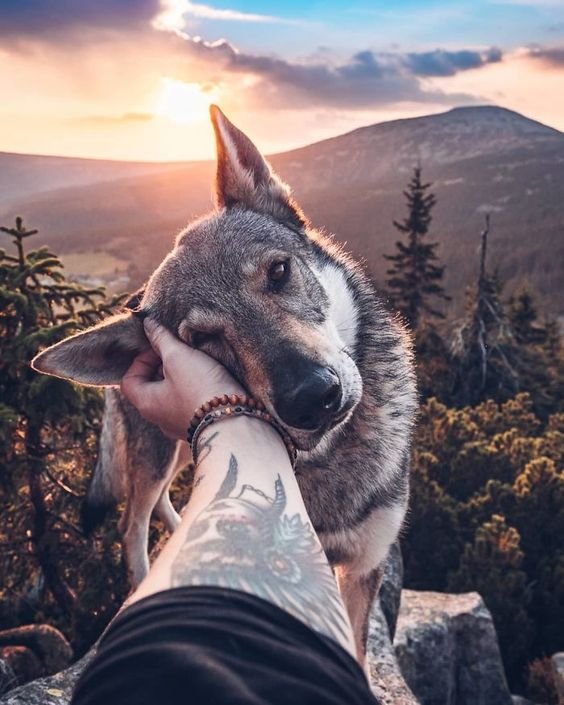
1. Wolfdogs are finely attuned to their own personal environment.
Instincts inherited from their wolf ancestry make them keen observers of their environment, giving them the ability to detect subtle changes in their surroundings. This heightened vigilance allows them to quickly detect potential threats or changes in their territory, making them excellent guardians and protectors in their own personal domains.
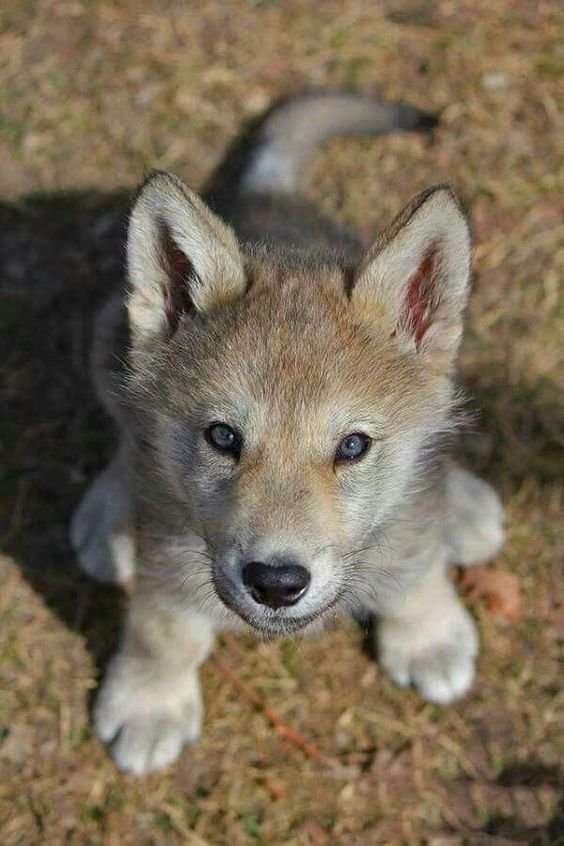
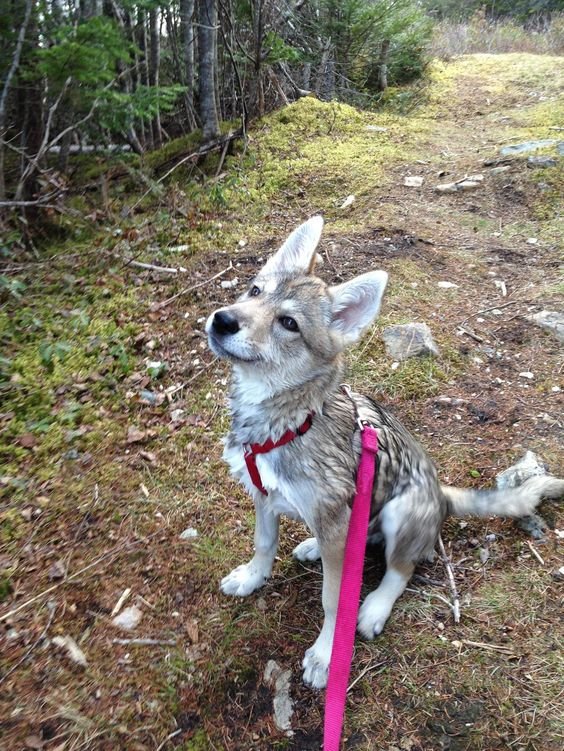
2. Wolfdogs must be handled by a trainer within a couple of weeks after their birth
This critical period, known as the “imprinting stage,” is crucial for shaping their behavior and ensuring they grow up to be well-adjusted and manageable companions. The interaction with a skilled trainer helps establish a positive bond with humans, mitigating potential behavioral issues associated with their wolfy instincts and ensuring a safer coexistence with people.
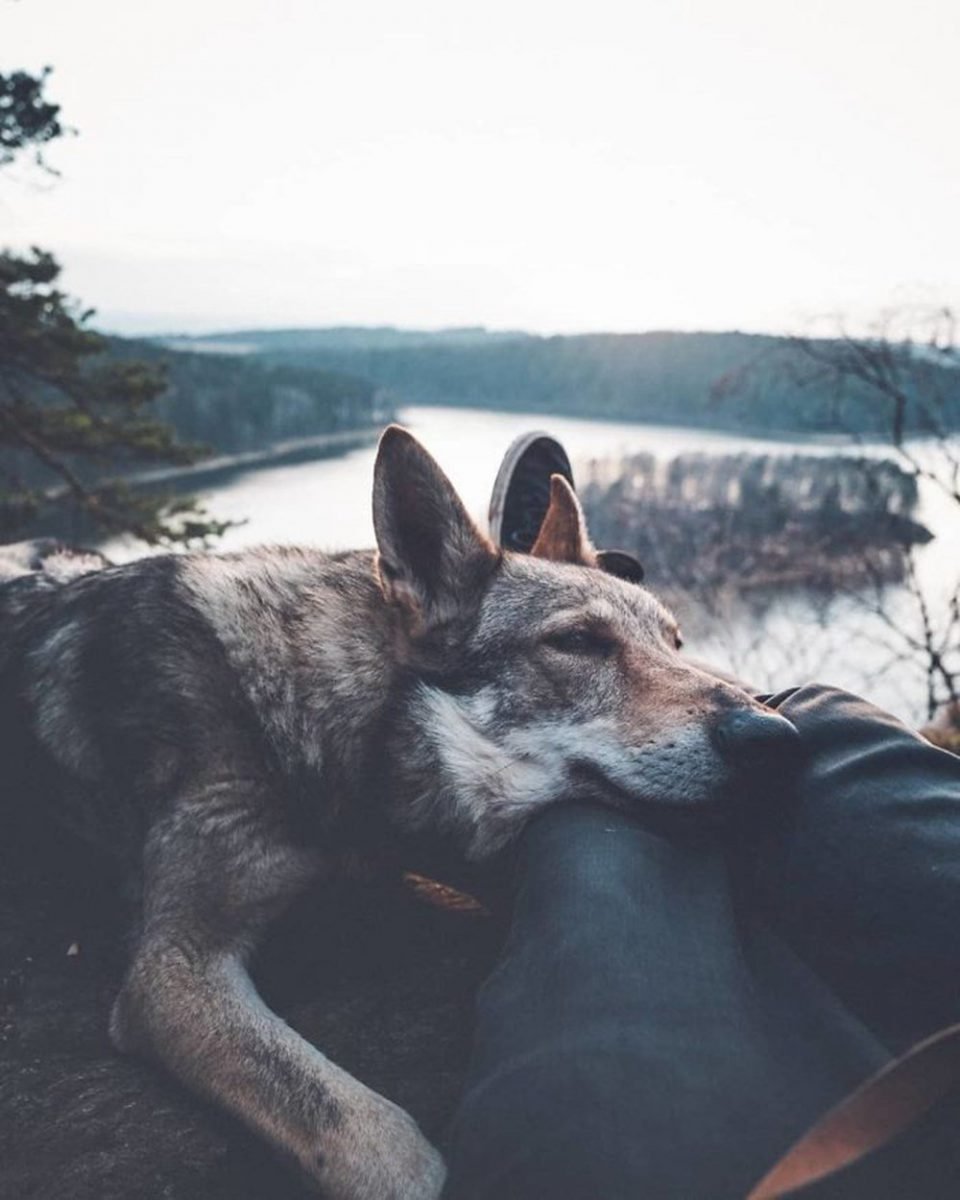
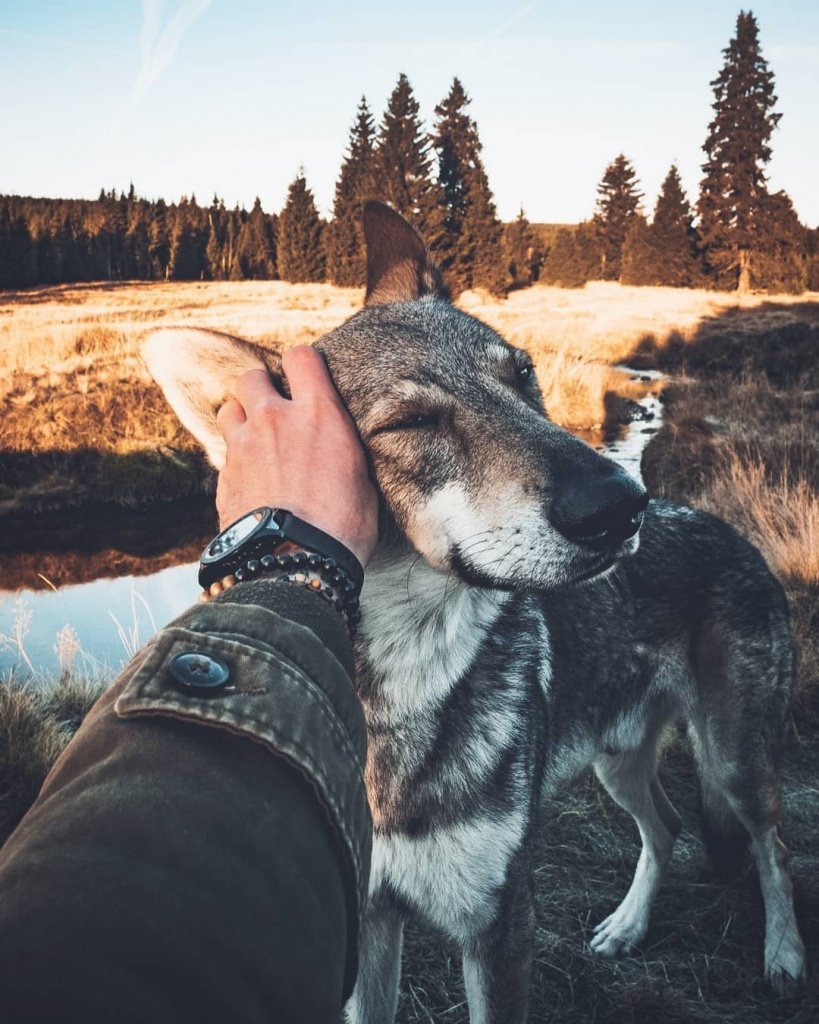
3. Their life expectancy is between 12-15 years
However, this can vary based on several factors, including their genetics, diet, overall health care, and living conditions. It is important to give them proper nutrition, regular exercise, and regular veterinary check-ups if you want to ensure that they have a long, fulfilling life.
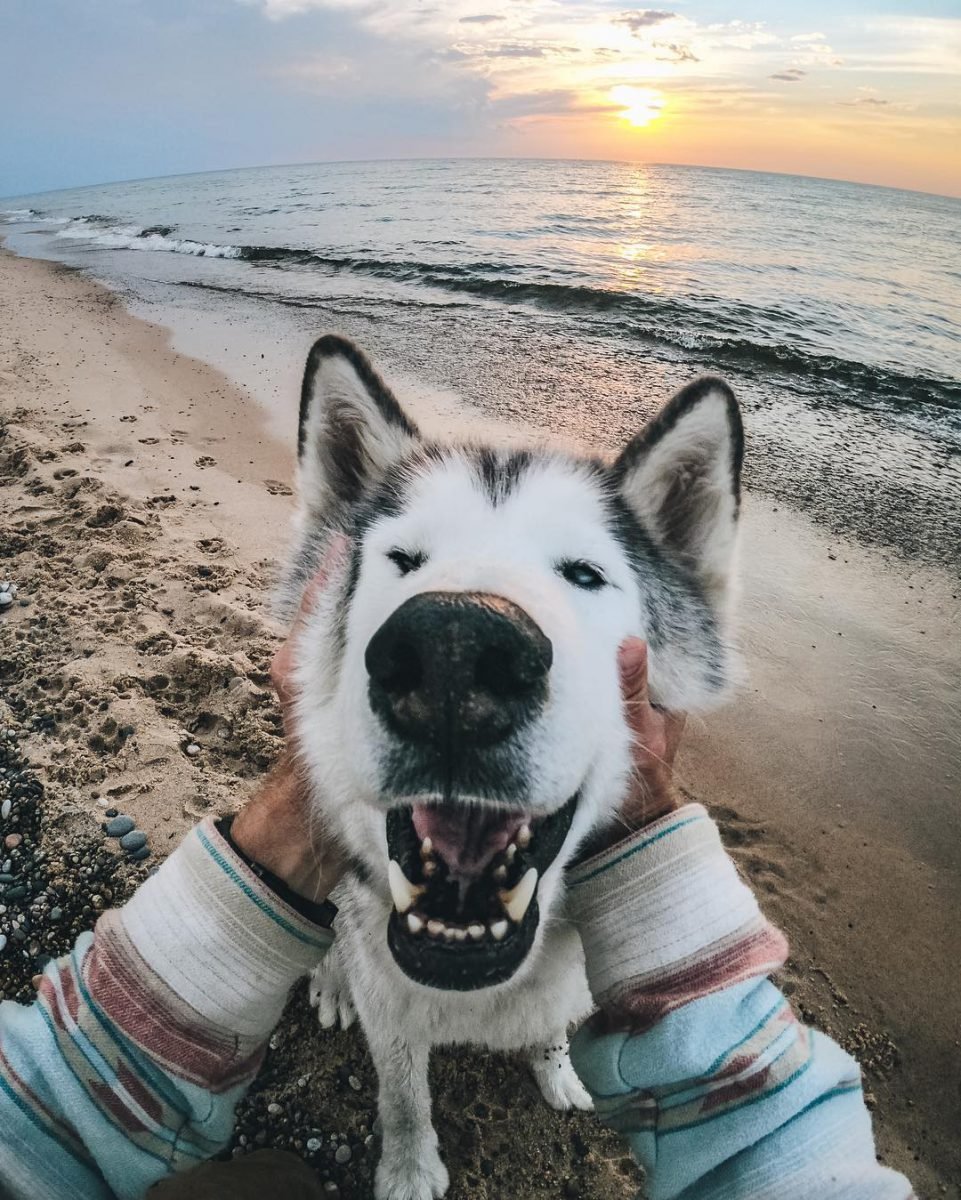
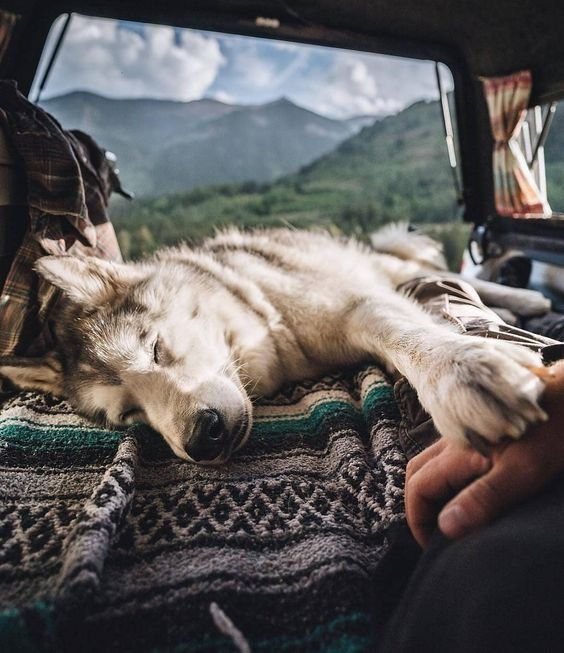
4. They have boundless energy and love to explore
This trait makes them perfect companions if you enjoy outdoor activities such as hiking and running. Engaging in interactive play provides ample mental and physical stimulation, which in turn keeps them happy, healthy, and mentally stimulated. As their human parent, you would want to help them channel their energy positively and avoid any potential behavioral issues that may arise from boredom or restlessness.
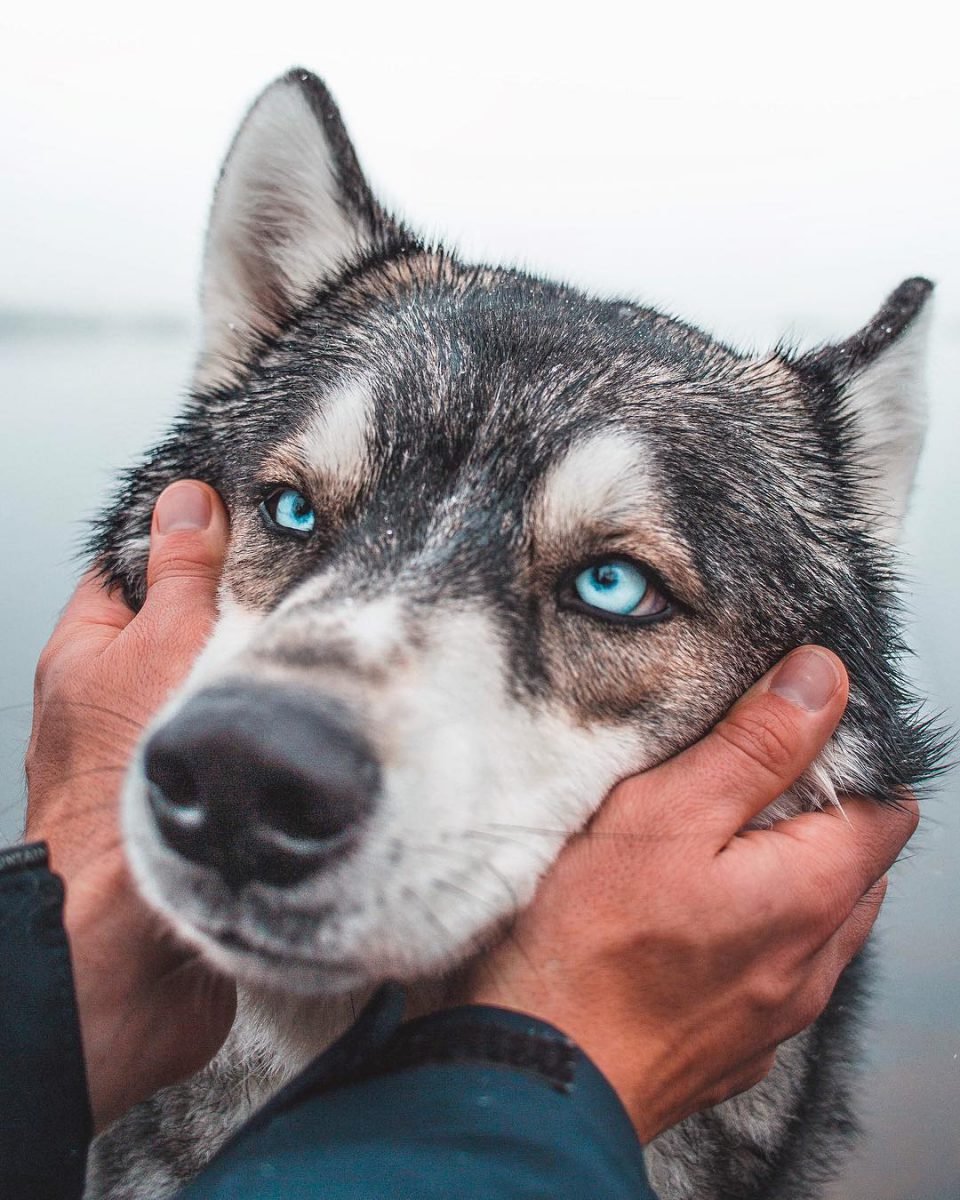

5. Their temperament can vary based on breeding factors
Much like a poodle or pitbull exhibits its own distinct behavioral traits, wolfdogs also end up with personalities that are influenced by the particular wolf species and dog breed of their parents. Some may exhibit more wolf-like behaviors, such as independence and wariness, while others may display a stronger affinity towards domesticated dogs, showing loyalty and sociability.
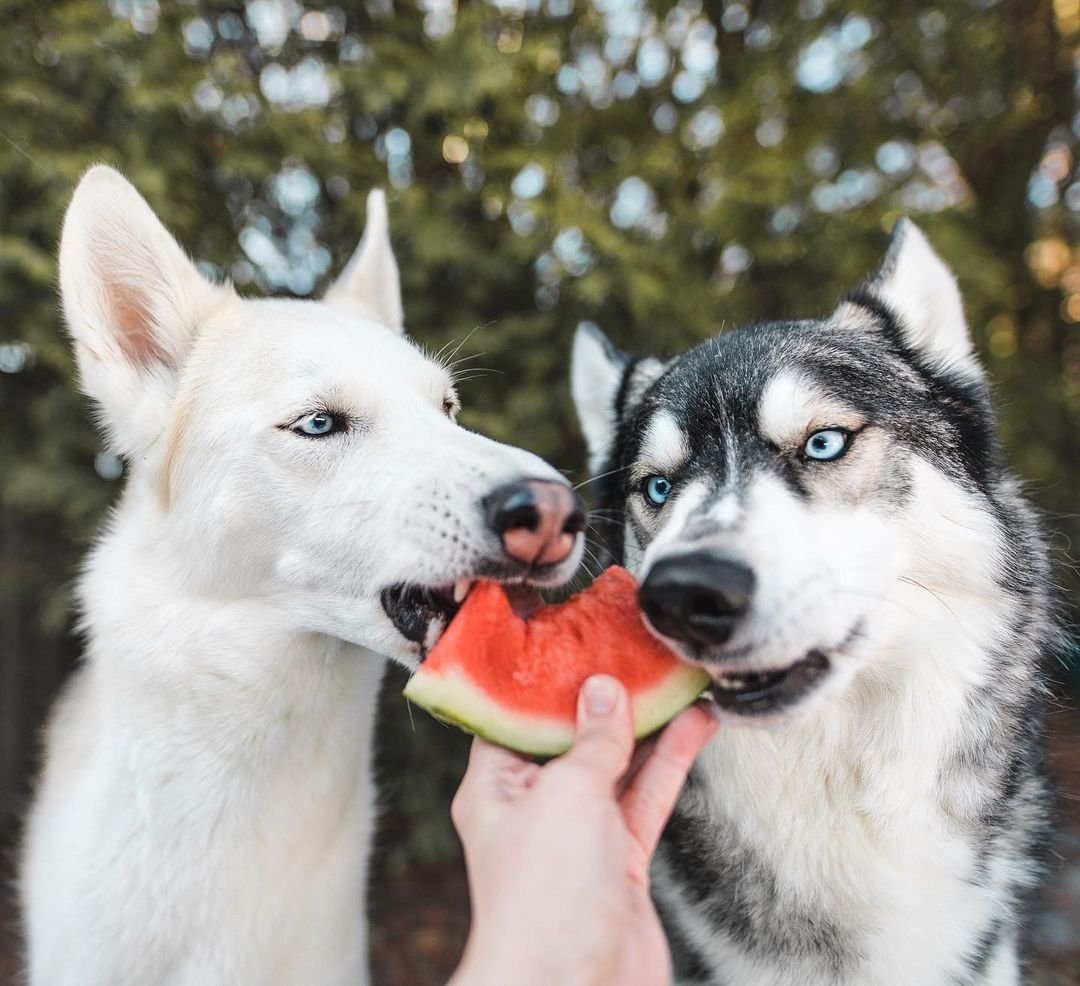
6. They generally get along well with other animals, especially those around their own size
This social behavior is influenced by their pack instincts, which they inherited from their wolf ancestors. In a domestic setting, they may form close bonds with other dogs or animals, engaging in playful activities and developing meaningful relationships. Proper supervision and introductions will ensure that these interactions remain safe and positive, allowing them to enjoy the companionship of other animals while maintaining a harmonious living environment.
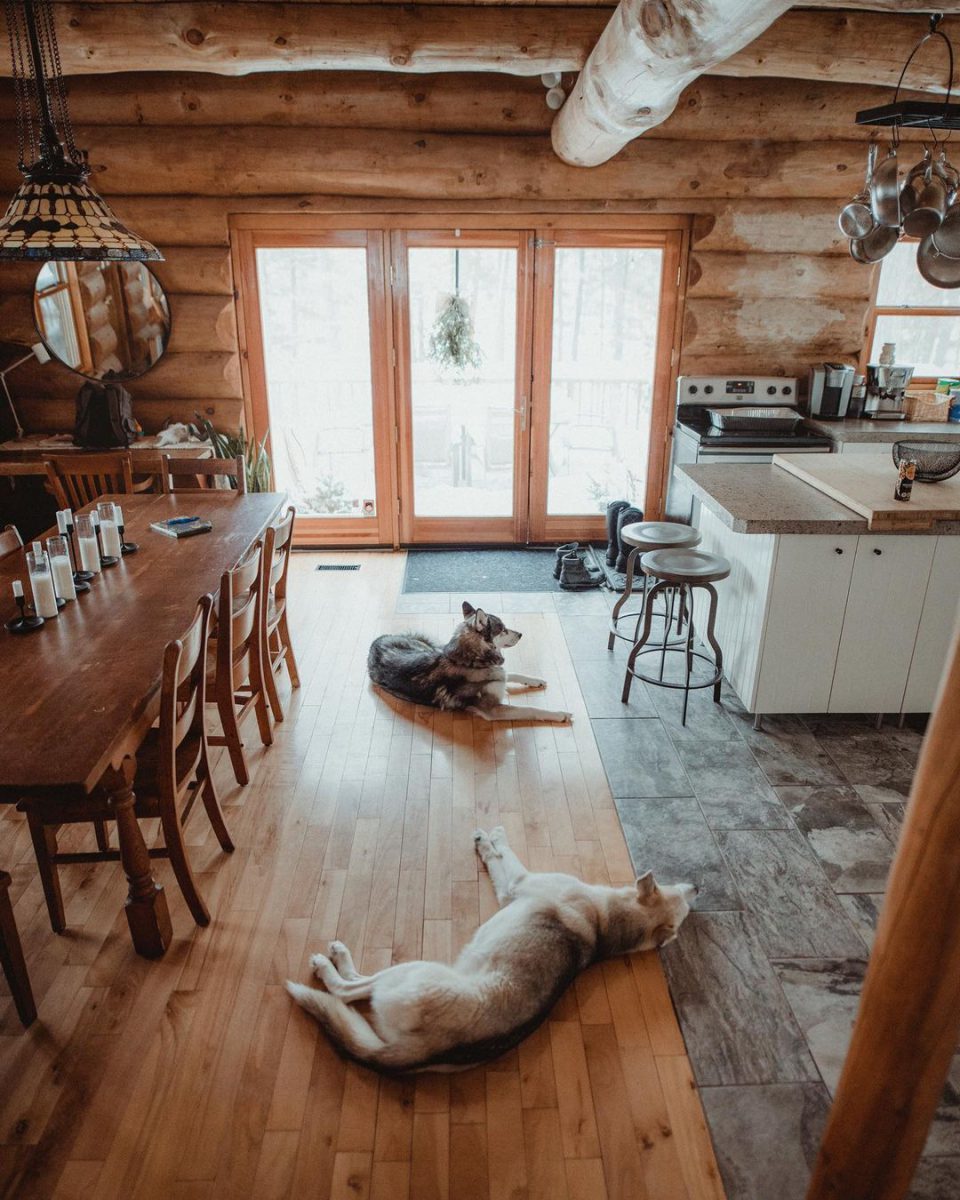

7. If they grow up in a house, they will recognize the family as their “pack.”
Mutual trust and connections are fostered by providing a nurturing environment and meeting their physical and emotional needs, ensuring a strong and loving bond between wolfdogs and their human families. However, it’s essential to remember that their wolf heritage may still influence their behaviors, requiring responsible ownership and understanding of their unique characteristics to ensure peaceful coexistence within a domestic setting.
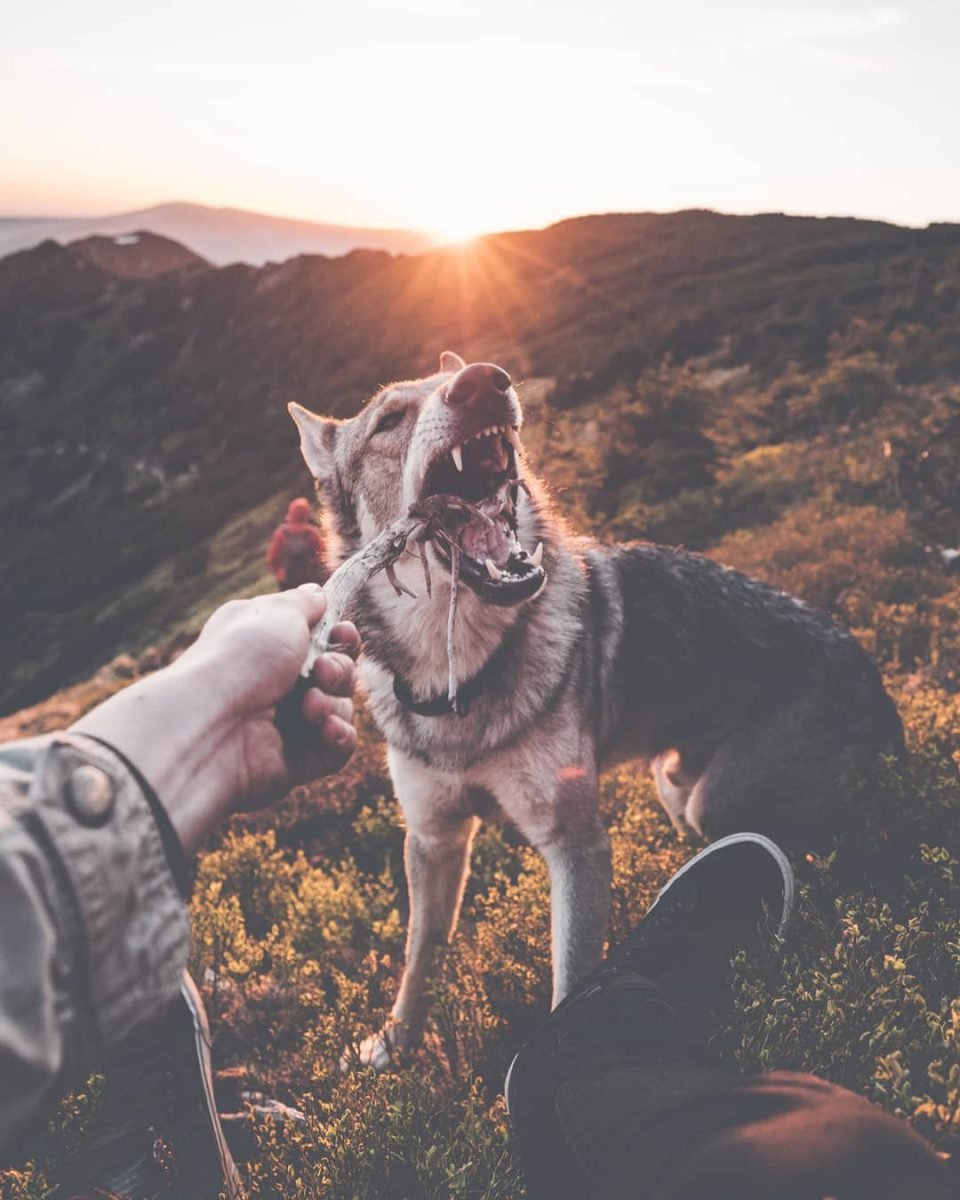
8. Those with high aggression can be difficult to tame and should never be left in a house alone with children
Be aware that not all wolfdogs are suitable for domestic environments, and those with high aggression may require specialized care and handling by experienced trainers or inappropriate sanctuary settings where their needs can be met safely and responsibly. Responsible ownership and an understanding of their unique traits are crucial to ensuring the well-being of both the animal and those around them.
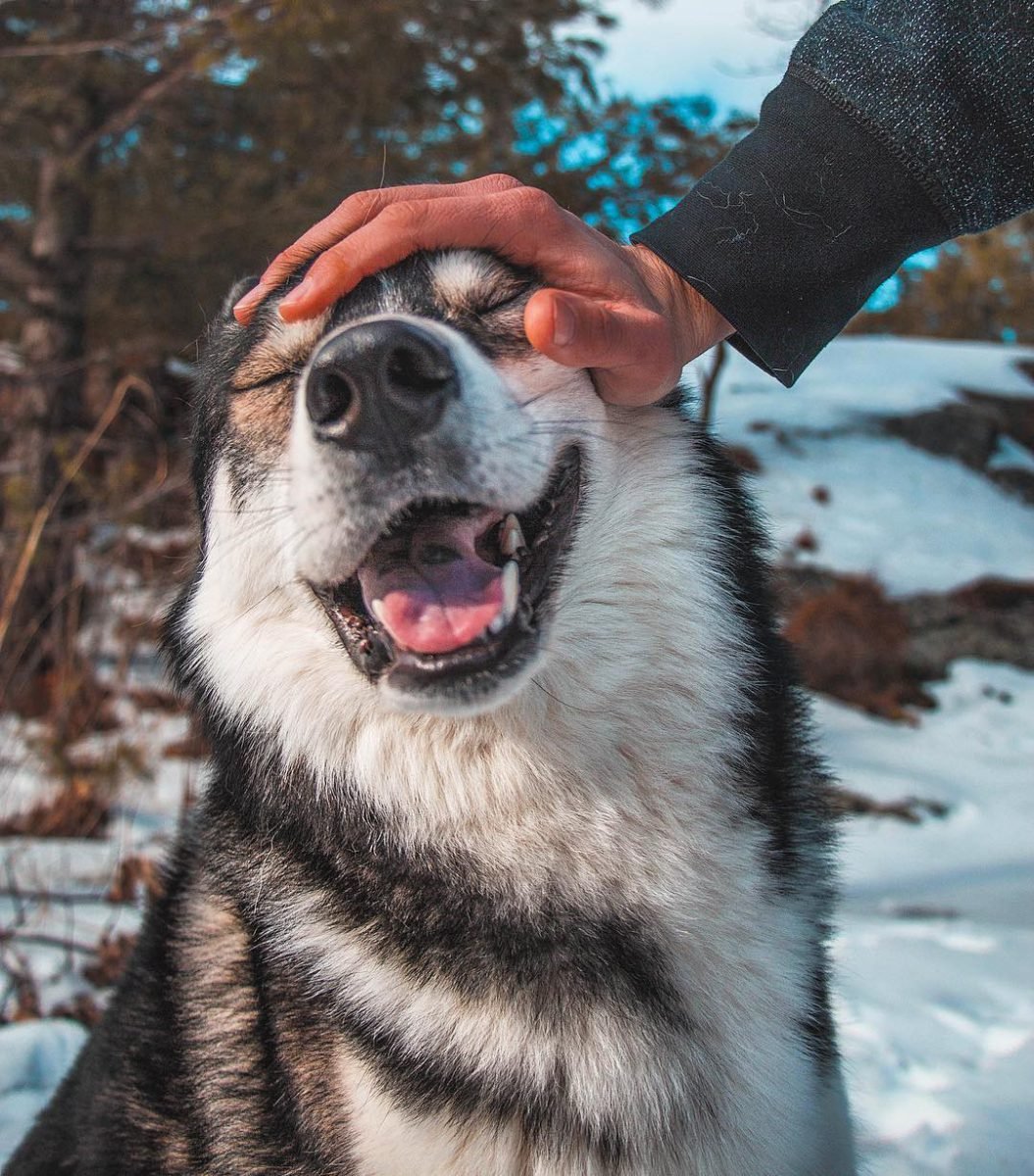
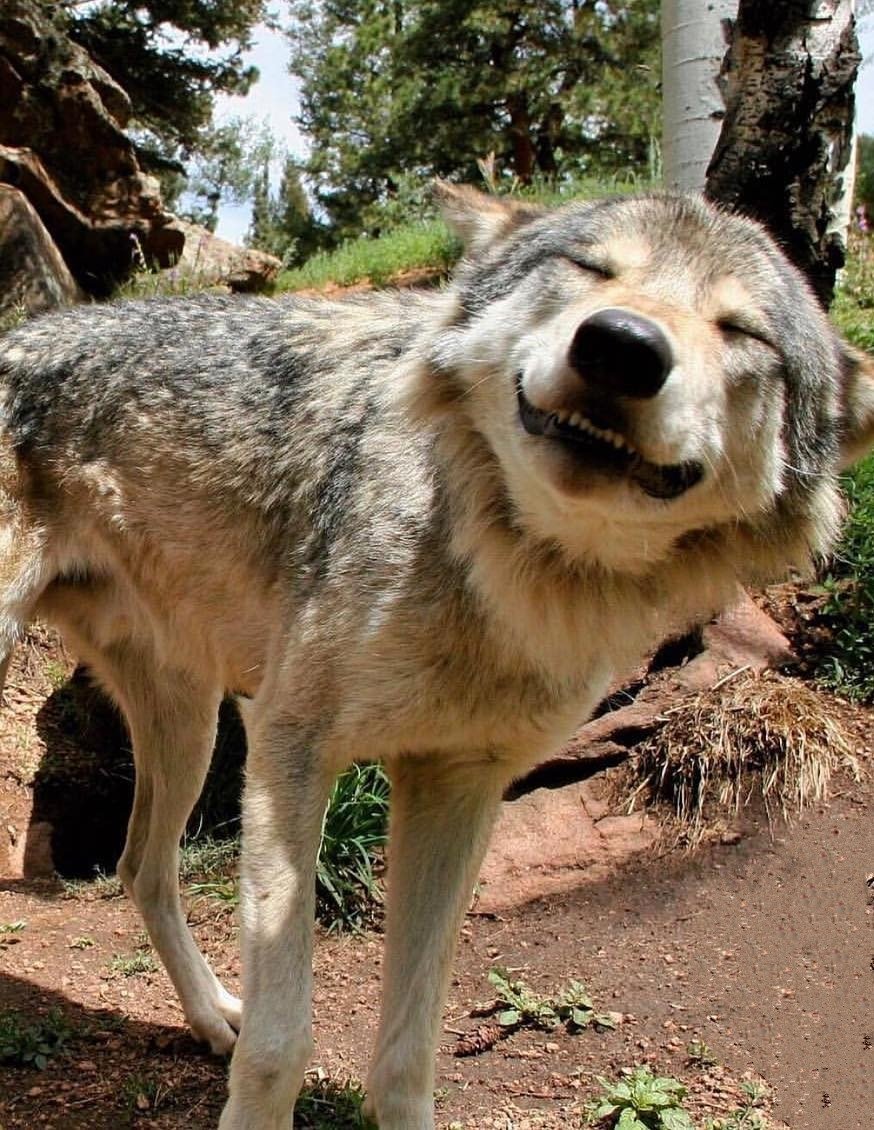
9. They don’t fully mature until around the age of 3
This extended maturation process is influenced by their wolf genetics, and during this time, they undergo significant physical and behavioral changes. As they mature, their personality traits may become more pronounced, and they may display more adult-like behaviors. Proper training, socialization, and consistent care during this developmental stage are essential to shape their behavior and ensure they grow into well-adjusted and well-behaved companions.
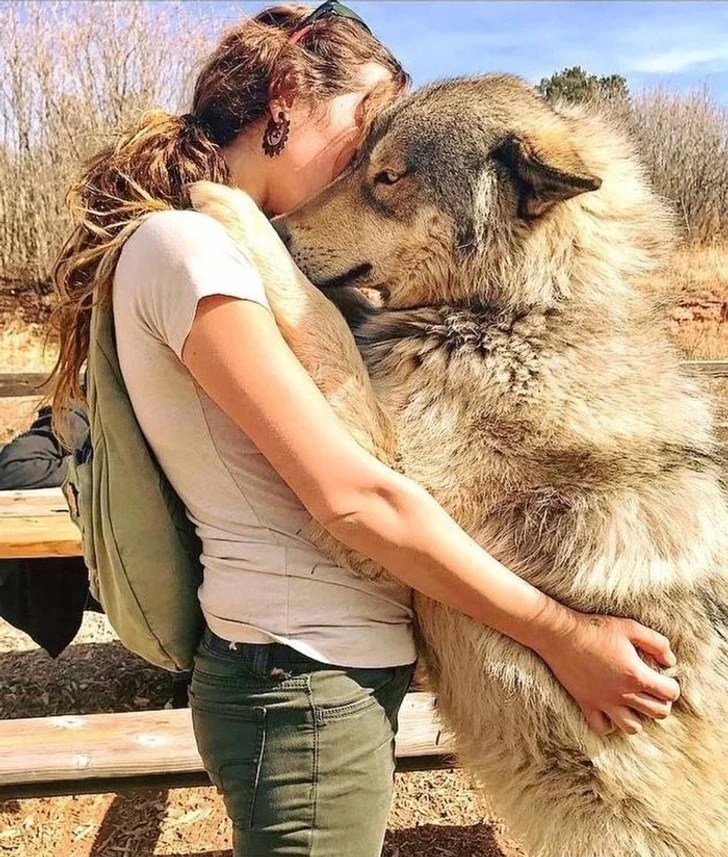
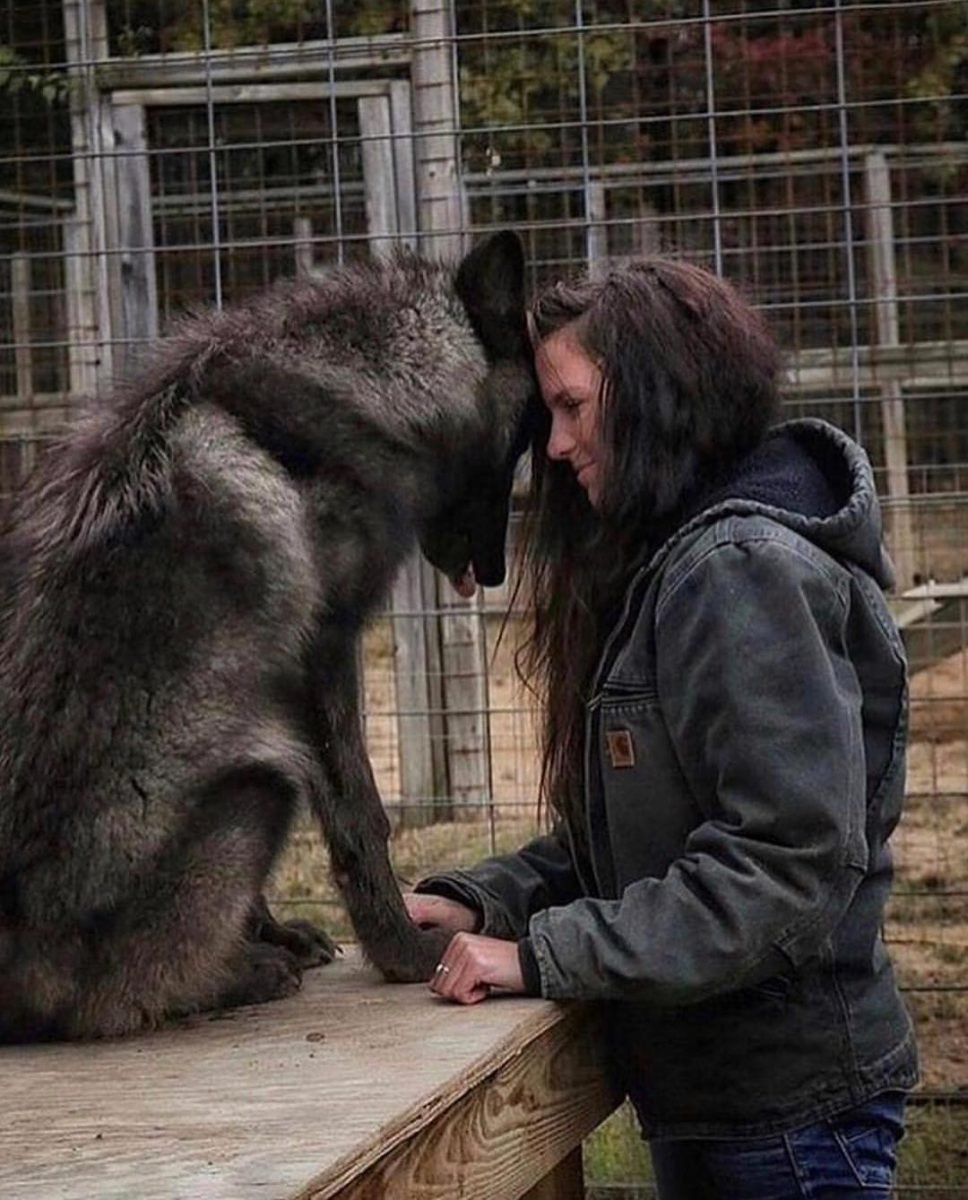
10. They are very loyal and create deep bonds with their human friends.
Despite their wild heritage, these animals can develop strong emotional connections with the people they trust and consider part of their pack. Through proper socialization, care, and positive reinforcement, wolfdogs can become devoted and affectionate companions, showcasing their unwavering loyalty and forming lasting relationships with their human caregivers. This loyalty and bond can make them incredibly rewarding and cherished pets for those who understand their unique needs and characteristics. So if you’re ready to put in the time, patience, and dedication, a wolfdog might be right for you and your family!
